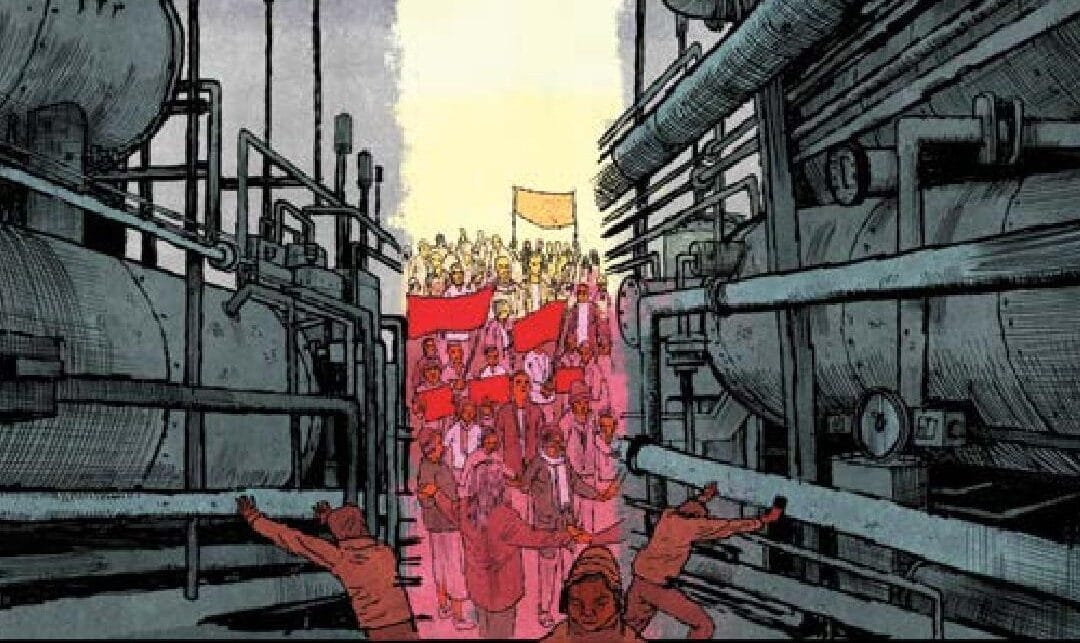In our regular seminar at Hochschule für Gesellschaftungsgestaltung, we ask questions about power: What is power? Who or what is practicing it? What are the sources of economic power?
Power and power relations are a fundamental phenomenon in economic processes and a central category of analysis in many established social sciences. Nevertheless, power is systematically ignored in textbook economics, as power relations have no place as a category in neoclassical economics. “Markets” are understood as spheres for the free and rational pursuit of interests and are, by definition, power-free spaces. In contrast, politics and the state are conceived as a sphere of power, its limitation, abuse and of democratic control.
As a counterpoint to this, we make power the central theme of this seminar and approach the role of power in the state and economy from different perspectives. In the first seminar block, we provide an overview of various social science understandings of the concept of power (e.g. in Hobbes, Marx, Weber and Foucault) and gain an overview of the history of ideas of the concept of power. Interwoven with this foray into the history of ideas, we also want to pose the concrete question of power in the economy. To what extent are “markets” shaped by power? What is the “power of capital”?
We then focus on a central category of power relations in the economy and examine (private) property in all its facets as a central point of concentration in the exercise of power in capitalist economies. What is the connection between property relations and power phenomena? What is the promise of private property and is it (still) valid? However, in order not to stop at a critique of political economy, we take a look at the rich history and practice of alternatives to private property such as cooperatives, commons, socialization initiatives and more.
In the second seminar block, we will focus on the state, state power and the question of how transformation can succeed. Does it take taking power in and through the state in order to achieve fundamental social change or does the state rather change those who try to march through the institutions? We will gain an overview of the various approaches and strategies of transformation and explore their origins, potentials and problems. We classify the different transformation strategies historically and use specific examples to discuss what role certain strategies play today.


